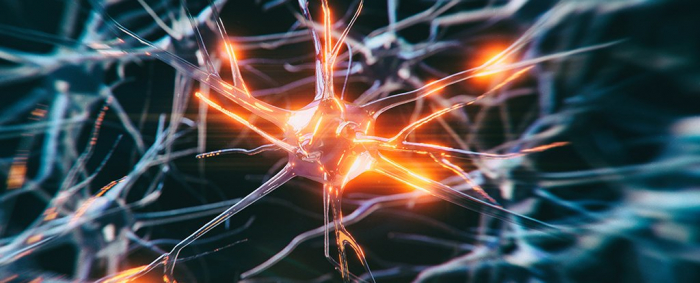Neurologists at a memory clinic in China diagnosed a 19-year-old with what they believe to be Alzheimer's disease, making him the youngest person to be diagnosed with the condition in the world.
The male teenager began experiencing memory decline around age 17, and the cognitive losses only worsened over the years.
Imaging of the patient's brain showed shrinkage in the hippocampus, which is involved in memory, and his cerebrospinal fluid hinted at common markers of this most common form of dementia.
Alzheimer's disease (AD) is often thought of as an old person's ailment, and yet early-onset cases, which include patients under the age of 65, account for up to 10 percent of all diagnoses.
Almost all patients under 30 years of age can have their Alzheimer's explained by pathological gene mutations, putting them into the category of familial Alzheimer's disease (FAD). The younger a person is when they receive a diagnosis, the more likely it is the result of a faulty gene they've inherited.
Yet researchers at the Capital Medical University in Beijing couldn't find any of the usual mutations responsible for the early onset of memory loss, nor any suspect genes when they performed a genome-wide search.
Before this diagnosis in China, the youngest patient with Alzheimer's was 21 years old. They carried the PSEN1 gene mutation, which causes abnormal proteins to build up in the brain, forming clumps of toxic plaques, a common feature of Alzheimer's.
Cases like this latest one in China pose something of a mystery. None of the 19-year-old's family had a history of Alzheimer's or dementia, making it hard to categorize as FAD, yet the teenager had no other diseases, infections, or head trauma that could explain his sudden cognitive decline either.
Two years before being referred to the memory clinic, the teenage patient began struggling to focus in class. Reading also became difficult and his short-term memory declined. Oftentimes, he couldn't remember events from the day before, and he was always misplacing his belongings.
Ultimately, the cognitive decline became so bad, the young man was unable to finish high school, although he could still live independently.
A year after being referred to the memory clinic, he showed losses in immediate recall, short-delay recall after three minutes, and long-delay recall after 30 minutes.
The patient's full-scale memory score was 82 percent lower than that of peers his own age, while his immediate memory score was 87 percent lower.
Long-term follow-up is needed to support the young man's diagnosis, but his medical team said the patient is "altering our understanding of the typical age of onset of AD."
"The patient had very early-onset AD with no clear pathogenic mutations," neurologist Jianping Jia and colleagues wrote in their study, "which suggests that its pathogenesis still needs to be explored."
The case study, published in February, just goes to show that Alzheimer's doesn't follow a single pathway, and is much more complex than we thought, emerging via numerous avenues with varying effects.
In a statement to the South China Morning Post, the neurologists who described the patient's case argued that future studies should focus on early-onset cases to further improve our understanding of memory loss.
"Exploring the mysteries of young people with Alzheimer's disease may become one of the most challenging scientific questions of the future," they predict.
The study was published in the Journal of Alzheimer's Disease.
More about:
















































